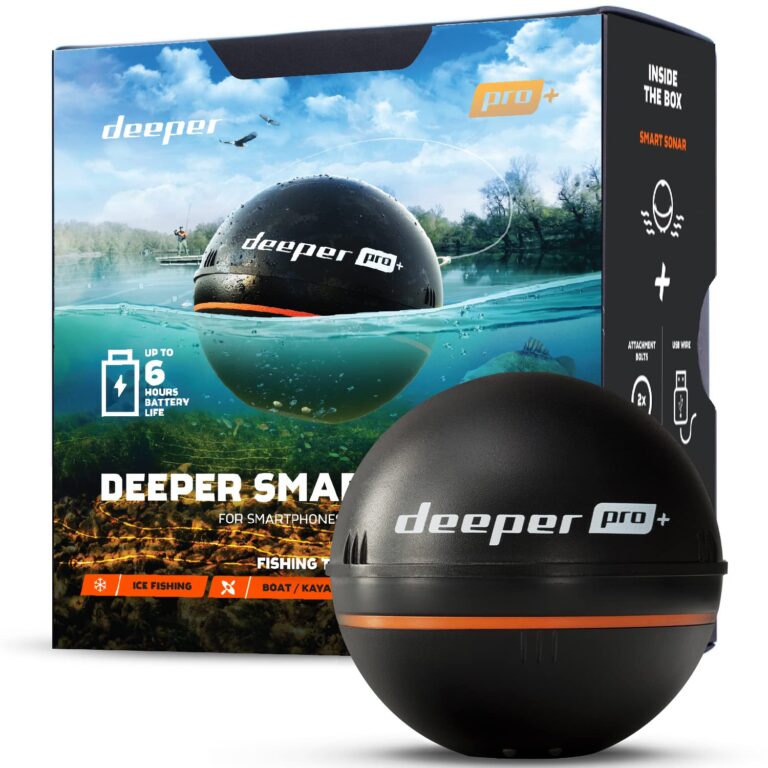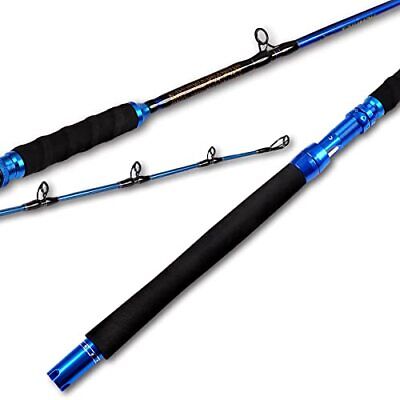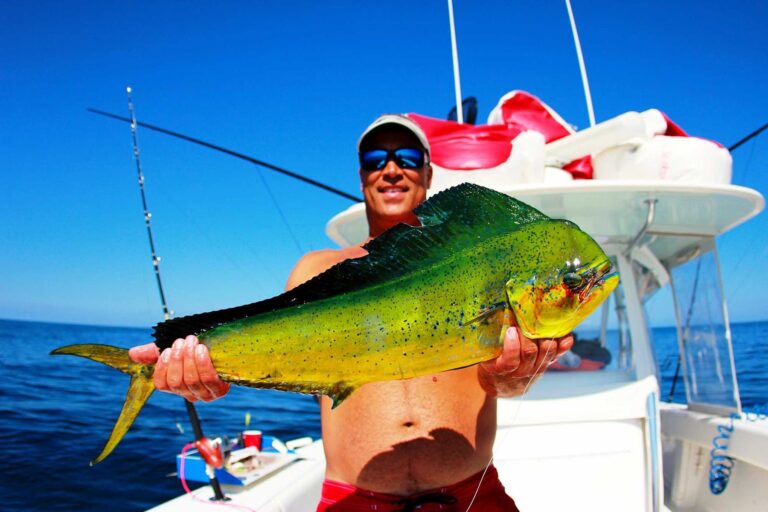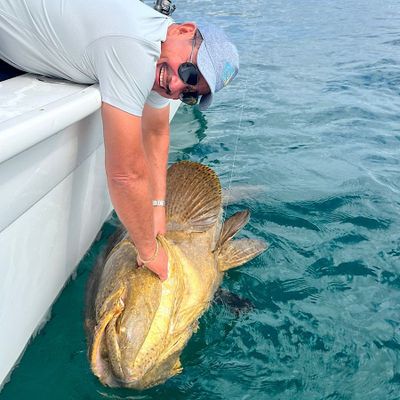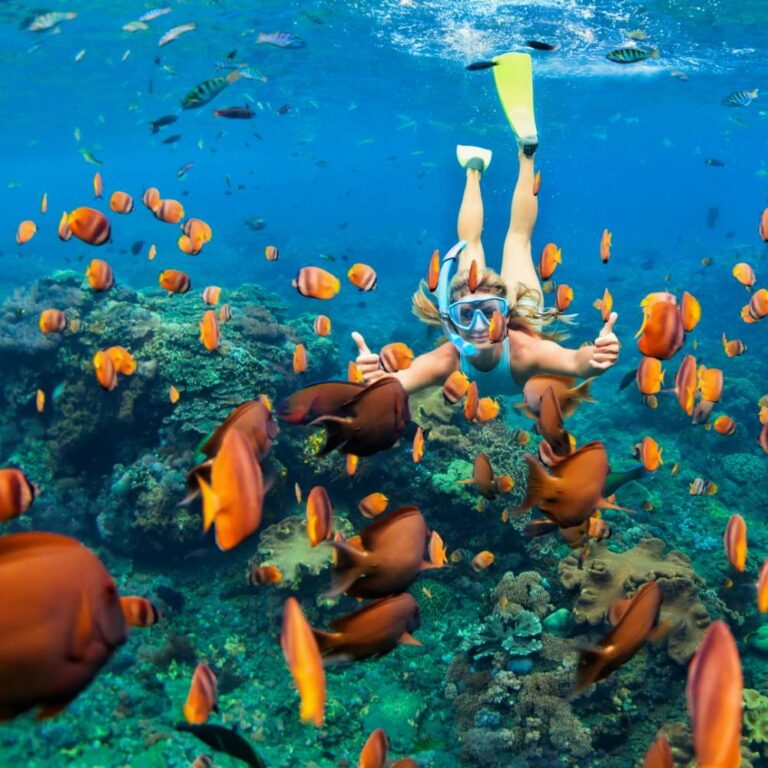The countries with the most deep-sea fishing activities include china, indonesia, and the united states. These countries are known for their large fishing fleets and extensive marine resources.
In recent years, they have been leading in deep-sea fishing efforts, contributing to their robust fishing industries and economic growth. With their advanced technology and well-developed fishing practices, these countries have become major players in the global deep-sea fishing scene.
Deep-sea fishing activities are carried out by several countries around the world, with some nations standing out for their significant contributions. China, indonesia, and the united states are among the countries that have the most extensive deep-sea fishing operations. These countries possess sizeable fishing fleets and have access to rich marine resources, allowing them to engage in deep-sea fishing on a large scale. Their deep-sea fishing efforts have played a vital role in supporting their fishing industries and driving economic growth. Through the utilization of advanced technology and well-established fishing practices, these countries have emerged as prominent participants in the global deep-sea fishing arena.
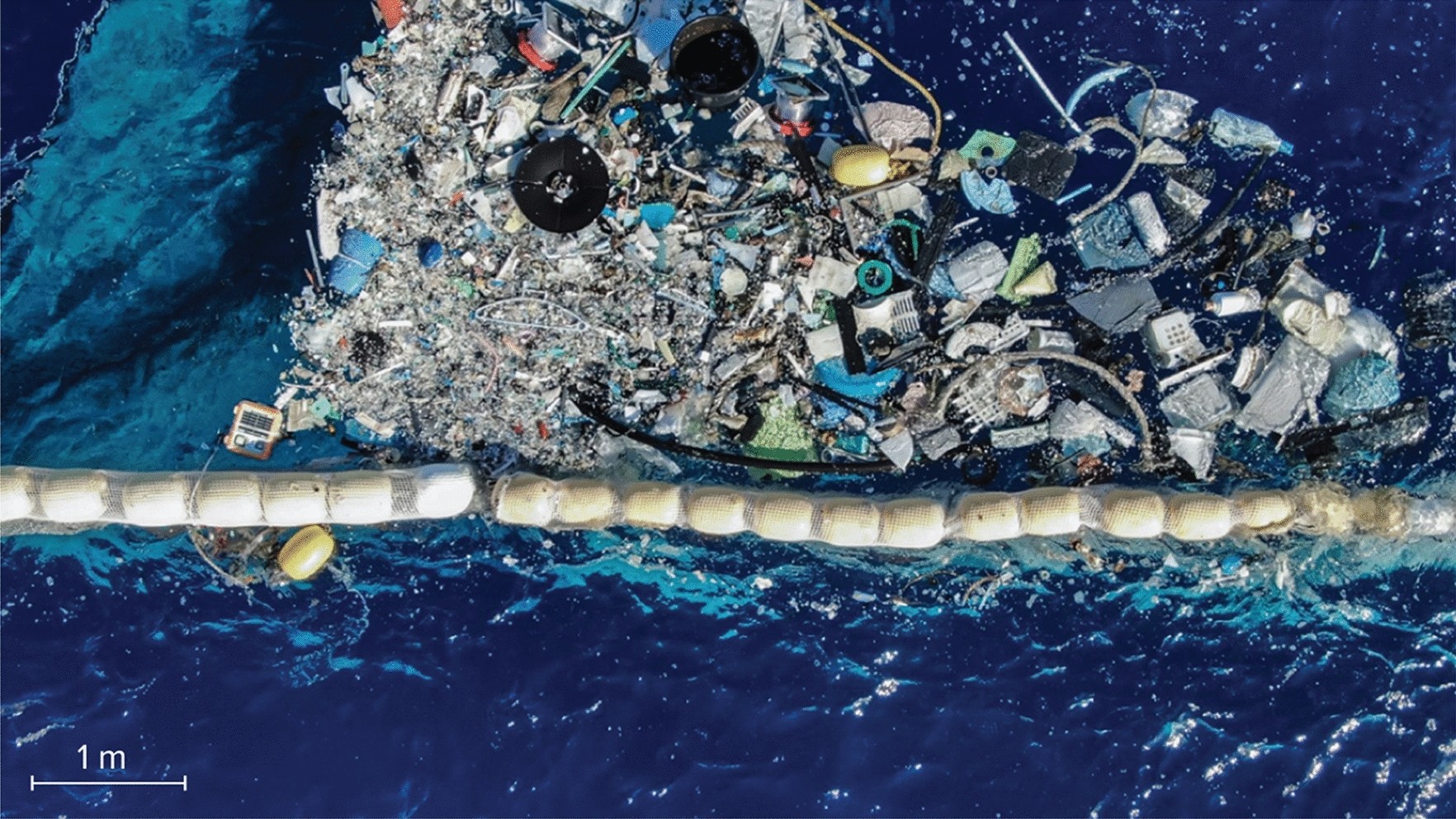
Credit: www.nature.com
Understanding The Global Deep-Sea Fishing Industry
Global Deep-Sea Fishing Overview
Deep-sea fishing is a global industry that spans across different countries and regions. It involves capturing marine species from the depths of the ocean, providing a significant source of livelihood and nutrition for many communities. Here are some key points to understand about the global deep-sea fishing industry:
- Expansive fishing grounds: Deep-sea fishing takes place in various regions around the world, including the atlantic, pacific, indian, and southern oceans. Each of these locations offers distinct opportunities and challenges for fishing operations.
- Technological advancements: The advancements in fishing technology have led to increased efficiency and productivity in deep-sea fishing. Vessels equipped with sophisticated equipment, such as sonar and satellite navigation systems, enable fishermen to locate and catch fish more effectively.
- Species diversity: The deep-sea ecosystem is home to a wide range of species, including tuna, swordfish, halibut, and cod. These species are highly valued in the seafood market and are often targeted by commercial fishing operations.
- Sustainability concerns: Deep-sea fishing practices have sparked concerns about sustainability. Overfishing, destructive fishing methods, and the bycatch of non-target species can have severe ecological consequences. Efforts are being made to promote sustainable fishing practices and protect vulnerable marine ecosystems.
- Regulation and management: Due to the global nature of deep-sea fishing, international bodies such as the united nations food and agriculture organization (fao) play a crucial role in regulating and managing the industry. These organizations set rules and guidelines to ensure the responsible and sustainable utilization of marine resources.
Key Players In The Deep-Sea Fishing Industry
The deep-sea fishing industry involves a wide range of stakeholders, each playing a significant role in the sector’s operations. These key players include:
- Fishing companies: Commercial fishing companies, ranging from small-scale operations to large multinational corporations, are responsible for conducting deep-sea fishing activities. They invest in vessels, equipment, and manpower to carry out fishing operations on a large scale.
- Fishermen: Skilled fishermen form the backbone of the deep-sea fishing industry. They have in-depth knowledge and experience in locating fishing grounds, using fishing gear, and handling the catch. Their expertise is crucial for successful fishing ventures.
- Seafood processors: After the catch is brought to shore, seafood processors play an essential role in cleaning, sorting, and packaging the fish. They ensure that the seafood meets quality standards and is ready for distribution to various markets.
- Government authorities: Governments have a regulatory role in overseeing deep-sea fishing activities. They enforce fishing quotas, issue licenses and permits, and monitor compliance with fishing regulations to ensure sustainable practices.
- Scientific organizations: Scientists and researchers contribute valuable knowledge to the deep-sea fishing industry. They study fish populations, ecosystems, and fishing practices, providing insights that inform sustainable management strategies.
- Non-governmental organizations (ngos): Environmental and conservation organizations play a critical role in advocating for sustainable fishing practices. They work towards protecting marine biodiversity and promoting responsible fishing methods through campaigns, research, and policy initiatives.
Importance Of Deep-Sea Fishing For Economies
Deep-sea fishing holds significant economic importance for many countries and regions. Here are some key reasons why this industry is vital for economies:
- Employment opportunities: The deep-sea fishing sector provides employment to a large number of people, from fishermen and processing plant workers to shipbuilders and equipment suppliers. It is a source of livelihood for coastal communities, creating jobs and supporting local economies.
- Export revenue: Deep-sea fishing contributes to a country’s export earnings through the sale of seafood products to domestic and international markets. Fish and seafood have high demand and value, making them valuable commodities in international trade.
- Food security: The global population relies on fish as a vital source of protein and essential nutrients. Deep-sea fishing helps meet the demand for seafood, ensuring food security for many countries, particularly those with limited land resources for agriculture.
- Tourism and recreation: Deep-sea fishing also plays a role in attracting tourists and recreational anglers. Many enthusiasts travel to coastal areas for fishing charters and sport fishing adventures, which stimulate local economies through tourism spending.
The global deep-sea fishing industry encompasses diverse fishing grounds, involves various key players, and holds economic significance for countries worldwide. However, it is crucial to balance commercial interests with sustainability and environmental considerations to ensure the long-term viability of this industry.
The Powerhouses: Countries At The Forefront Of Deep-Sea Fishing
Japan’S Dominance In Deep-Sea Fishing
Japan has long been known as a global leader in deep-sea fishing. Here are some key points to understand the extent of japan’s dominance in this industry:
- Rich maritime resources: Japan’s geographical location surrounded by seas rich in marine life has been a significant advantage for its deep-sea fishing activities.
- Advanced technology and techniques: Japanese fishermen utilize state-of-the-art technology, including sophisticated fishing vessels and equipment, to explore and exploit deep-sea fishing grounds.
- Culture of seafood consumption: The japanese have a deep-rooted culture of seafood consumption, which further drives the demand for deep-sea fishing and supports the industry’s growth.
- High volume catches: Japan’s deep-sea fishing fleet sustains a high volume of catches, including various commercially valuable fish species like tuna, squid, and shellfish.
- Economic impact: Deep-sea fishing plays a crucial role in japan’s economy, contributing significantly to its gdp and providing ample employment opportunities for fishermen and related industries.
Norway’S Significant Contribution To The Industry
Norway’s contribution to deep-sea fishing deserves recognition, as the country plays a substantial role in the industry. Here are the key points explaining why norway shines as a significant contributor:
- Vast coastline: Norway boasts an extensive coastline and an abundance of fjords, providing a favorable environment for various fish species and making it an attractive destination for deep-sea fishing.
- Sustainable fishing practices: Norwegian authorities prioritize sustainable fishing practices, managing fish stocks to prevent depletion and maintain ecological balance. This approach establishes norway as a responsible global player in deep-sea fishing.
- Aquaculture expertise: Alongside traditional deep-sea fishing, norway leads the way in aquaculture, including salmon farming. This diversification adds to the country’s overall contribution to the industry.
- Innovation and technology: Norwegian fishermen leverage advanced technology and innovative fishing methods to improve efficiency and minimize environmental impact, further enhancing their significance in deep-sea fishing.
- Export powerhouse: Norway’s deep-sea fishing industry not only contributes domestically but also plays a substantial role in seafood exports, making it a crucial player within the global market.
The United States As A Major Player In Deep-Sea Fishing
The united states stands as a major player in the deep-sea fishing industry, harnessing its vast coastline and abundant marine resources. Here are some points highlighting the united states’ position in this field:
- Diverse fishing grounds: The united states possesses an extensive coastline along the atlantic and pacific oceans, creating diverse fishing grounds for deep-sea fishing activities.
- Deep-sea fishing hubs: Several american coastal states serve as major deep-sea fishing hubs, including alaska, florida, and hawaii, contributing significantly to the country’s overall deep-sea fishing industry.
- Strict regulations: The u.s. government maintains strict regulations and fisheries management policies to ensure sustainable fishing practices, protecting fish stocks and the marine ecosystem.
- Commercial importance: Deep-sea fishing holds immense commercial importance for the united states, providing employment and economic opportunities for coastal communities and contributing to the country’s seafood production and exports.
- Technological advancements: American fishermen embrace advanced technologies and research to improve fishing techniques, vessel capabilities, and efficiency, reinforcing the united states as a major global player in deep-sea fishing.
Remember, these powerhouses contribute immensely to the deep-sea fishing industry, each with its own unique strengths and contributions. Their dominance, expertise, and dedication continue to shape the industry on a global scale.
Rising Stars: Emerging Countries Making Waves In Deep-Sea Fishing
China’S Exponential Growth In Deep-Sea Fishing:
- China has experienced remarkable growth in the deep-sea fishing industry in recent years.
- Key points:
- China has a vast coastline spanning over 18,000 kilometers, providing ample opportunities for deep-sea fishing.
- The chinese government has implemented policies and strategies to support and promote the development of the deep-sea fishing sector.
- Technological advancements have played a significant role in driving china’s exponential growth in deep-sea fishing.
- Chinese fishermen have been exploring distant waters and expanding their fishing operations to meet the growing demand for seafood.
- China’s deep-sea fishing activities have raised concerns about overfishing and environmental impact, prompting international scrutiny.
Indonesia’S Emergence In The Deep-Sea Fishing Market:
- Indonesia has emerged as a prominent player in the deep-sea fishing market in recent years.
- Key points:
- Indonesia boasts one of the world’s longest coastlines, offering extensive opportunities for deep-sea fishing.
- The indonesian government has recognized the potential of its marine resources and has been actively supporting the development of the fishing industry.
- Indonesian fishermen have been utilizing modern fishing techniques and technologies to enhance their deep-sea fishing activities.
- The abundant marine biodiversity in indonesian waters has attracted attention from both domestic and international fishermen.
- Sustainable fishing practices and conservation efforts are being implemented to ensure the long-term viability of indonesia’s deep-sea fishing industry.
Spain’S Increasing Participation In Deep-Sea Fishing Activities:
- Spain has been increasing its participation in deep-sea fishing activities, establishing itself as a significant player in the industry.
- Key points:
- Spain’s geographic location on the iberian peninsula provides easy access to deep-sea fishing grounds in the atlantic ocean and the mediterranean sea.
- Spanish fishing fleets have a long history of venturing offshore and have built expertise in deep-sea fishing techniques.
- Spain has a strong seafood culture, with a high demand for fresh fish and seafood products.
- Spanish fishermen have been adopting sustainable fishing practices and adhering to strict regulations to ensure the preservation of marine resources.
- The spanish government has implemented policies to support the modernization and competitiveness of the deep-sea fishing sector.
China, indonesia, and spain are among the rising stars in the deep-sea fishing industry. With their vast coastlines, supportive government policies, technological advancements, and commitment to sustainability, these countries have made significant strides in the sector. Their exponential growth and active participation contribute to the overall dynamics of the global deep-sea fishing market.
However, it is crucial to balance the benefits of economic development with the conservation of marine resources to ensure a sustainable future for deep-sea fishing.
Environmental Impacts And Conservation Efforts In Deep-Sea Fishing
Deep-sea fishing is a popular activity in many countries around the world, providing opportunities for adventure and a chance to catch some truly remarkable fish species. However, it is important to recognize that deep-sea fishing can have significant environmental consequences.
This section will explore the negative impacts of deep-sea fishing, the regulations and policies in place to protect marine ecosystems, and the sustainable practices that offer hope for the future.
Negative Environmental Consequences Of Deep-Sea Fishing
- Overfishing: Deep-sea fishing often targets commercially valuable species, leading to overfishing and depletion of fish populations.
- Bycatch: Many deep-sea fishing methods result in high levels of bycatch, which is the unintentional capture of non-target species. This can include endangered species and result in ecosystem imbalances.
- Habitat destruction: Bottom trawling, a common deep-sea fishing technique, involves dragging a large net along the seafloor, causing significant damage to delicate and vulnerable habitats such as coral reefs and seamounts.
- Disturbance of deep-sea ecosystems: The use of heavy fishing gear and the act of catching and removing large numbers of fish can disrupt the delicate balance of deep-sea ecosystems, affecting other organisms that rely on these habitats.
Regulations And Policies To Protect Marine Ecosystems
- Exclusive economic zones (eezs): Many countries have established eezs, which grant them exclusive rights to exploit and manage the natural resources within their maritime boundaries. This allows countries to regulate and control deep-sea fishing activities in their waters.
- Fishing quotas and limits: Governments set regulations on fishing quotas and limits, which restrict the amount of fish that can be caught to prevent overfishing. These measures help protect fish populations and ensure their sustainability.
- Protected areas: Designating marine protected areas (mpas) can safeguard important habitats and species, providing safe havens for marine life. By restricting or prohibiting fishing activities within these areas, governments can help preserve biodiversity and restore damaged ecosystems.
- International agreements: Global initiatives such as the united nations convention on the law of the sea (unclos) and regional fisheries management organizations aim to promote responsible fishing practices by establishing international regulations and cooperation.
Sustainable Practices And Future Prospects
- Selective fishing gear: Using selective fishing gear and practices can minimize bycatch and reduce habitat destruction. By employing methods such as longline fishing with circle hooks or implementing closed areas where fishing is not permitted, deep-sea fishermen can ensure more targeted and sustainable catches.
- Research and monitoring: Continuous research, data collection, and monitoring of deep-sea fish stocks, ecosystems, and fishing practices are essential for implementing effective conservation strategies. This scientific knowledge can inform regulations and management efforts, allowing for adaptive and sustainable fisheries management.
- Technology advancements: Innovations in technology, such as remote sensing systems and underwater cameras, enable scientists and fisheries managers to better understand deep-sea ecosystems and make more informed decisions. High-resolution imaging and real-time data collection contribute to improved sustainable fishing practices.
- Collaboration and education: Effective conservation of deep-sea ecosystems requires collaboration between governments, scientific institutions, fishing communities, and conservation organizations. By raising awareness, providing education, and fostering dialogue, stakeholders can work together to ensure the long-term sustainability of deep-sea fishing activities.
While deep-sea fishing poses challenges to marine ecosystems, there are steps being taken to mitigate its negative impacts. Through regulations, sustainable practices, and international cooperation, we can strive to protect and preserve these valuable ocean habitats for future generations. By recognizing the importance of balancing our fishing activities with conservation efforts, we can ensure the long-term viability of deep-sea fishing while safeguarding the health of our oceans.
Conclusion
This blog post has highlighted the top countries that boast the most deep-sea fishing activities. These countries have emerged as global leaders in providing abundant fishing opportunities and attracting fishing enthusiasts from all over the world. The united states takes the lead, with its vast coastal regions and diverse marine ecosystems.
Other notable countries include japan, which has a rich fishing heritage and is known for its advanced technology in fishing equipment. Canada, with its expansive coastline and thriving fishing industry, also ranks among the top countries for deep-sea fishing. Australia, renowned for its stunning marine biodiversity, offers ample fishing grounds that attract both locals and tourists alike.
Lastly, the united kingdom and norway, with their access to the north atlantic ocean, have long been favored destinations for fishing enthusiasts. Whether you’re an experienced angler or a novice adventurer, these countries provide the perfect playgrounds for an unforgettable deep-sea fishing experience.
So, pack your fishing gear, set sail, and embark on a thrilling fishing expedition in one of these top deep-sea fishing countries.

